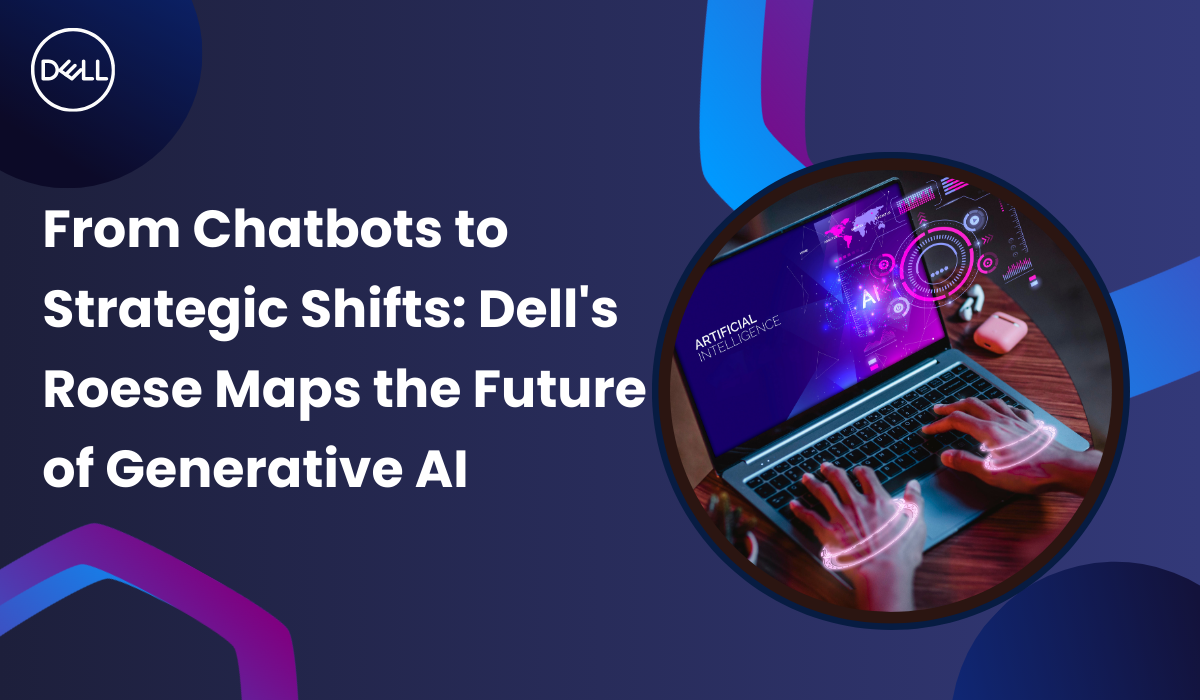
In the era of rising interest in generative artificial intelligence (AI) solutions like ChatGPT and Google Bard, Dell Technologies' CTO, John Roese, anticipates a gradual uptake of these models within enterprises. Roese suggests that companies exhibit a default inclination towards concentrating on a select number of key strategic projects related to generative AI. The implementation of enterprise-grade generative AI is expected to be methodical, with companies seeking a thorough understanding of these solutions beyond basic chatbot functionalities and evaluating their potential return on investment.
The resource-intensive and costly nature of generative AI technology poses challenges for widespread adoption, according to Roese. He notes that companies are unlikely to implement a multitude of strategic projects simultaneously, leading to a slowdown in the deployment of these large-scale initiatives. While use cases for generative AI in enterprises are expanding, Roese emphasizes that most companies will prioritize and focus on a few significant projects rather than numerous smaller endeavors.
Currently, early use cases of generative AI in enterprises involve the deployment of chatbot interfaces atop enterprise information bases, primarily for customer support and improving communication interfaces. However, beyond chatbots, Roese highlights that generative AI is being explored for automating aspects of the selling process and other applications. Despite the potential for varied use cases, Roese acknowledges that companies are in the experimentation stage, with a gradual shift towards prioritizing and bringing select solutions into production in the coming year.
While several IT companies in India are actively developing specific generative AI use cases, Roese notes that the global landscape has witnessed a year of experimentation in 2023. Larger companies are focusing on prioritization, aiming to bring selected areas into production in 2024. Roese concludes that, to date, no company globally has fully implemented generative AI solutions, signifying the ongoing challenges and strategic considerations associated with their integration